"A preliminary study by Academy of Natural Sciences researchers suggests that even without spills or other accidents, drilling for natural gas in Pennsylvania's rich Marcellus Shale formation could degrade nearby streams.
The researchers compared watersheds where there was no or little drilling to watersheds where there was a high density of drilling, and found significant changes.
Water conductivity, an indicator of contamination by salts that are a component of drilling wastewater, was almost twice as high in streams with high-density drilling.
Populations of salamanders and aquatic insects, animals sensitive to pollution, were 25 percent lower in streams with the most drilling activity.
An industry spokesman declined to comment on the findings.
The researchers at the academy, the nation's oldest natural-science research center and a leader in stream biology, emphasized that their study was not looking at drilling accidents or other irregularities, but whether - and if so, at what point - drilling posed a potential for harm.
David Velinsky, vice president of the academy's Patrick Center for Environmental Research, said of the early findings: "This suggests there is indeed a threshold at which drilling - regardless of how it is practiced - will have a significant impact on an ecosystem."
A certain number of well pads in a given area "might be OK," he said. "Conversely, it may not be OK."
The intent of the research, he said, is "to try to find where that stands, to look at cumulative impacts across a gradient of drilling."' More>>>>

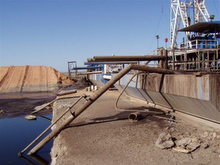



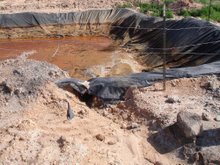

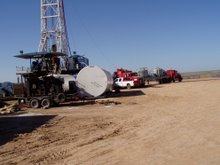
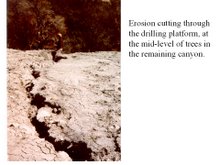
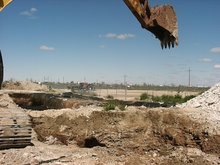
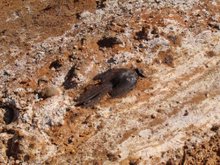
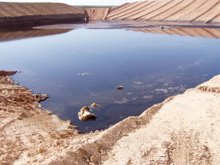
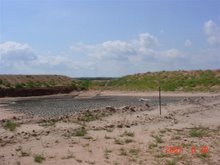
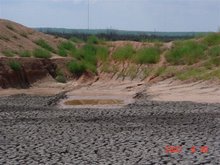
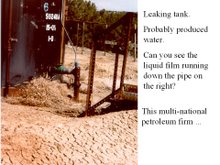
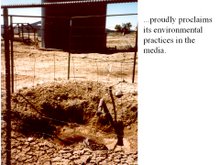
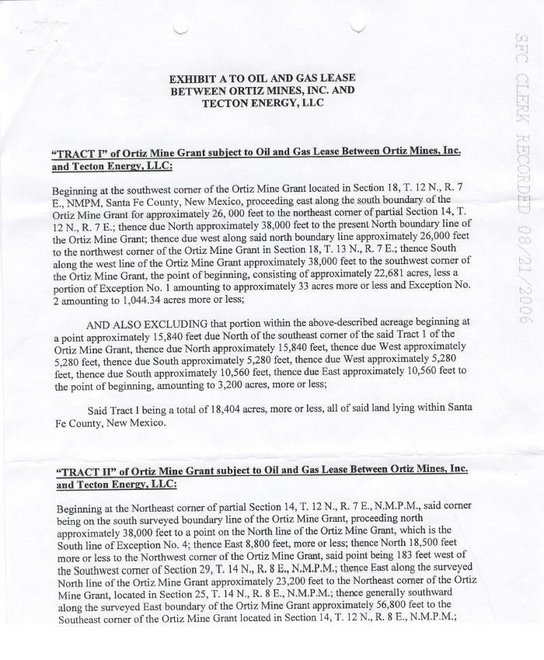
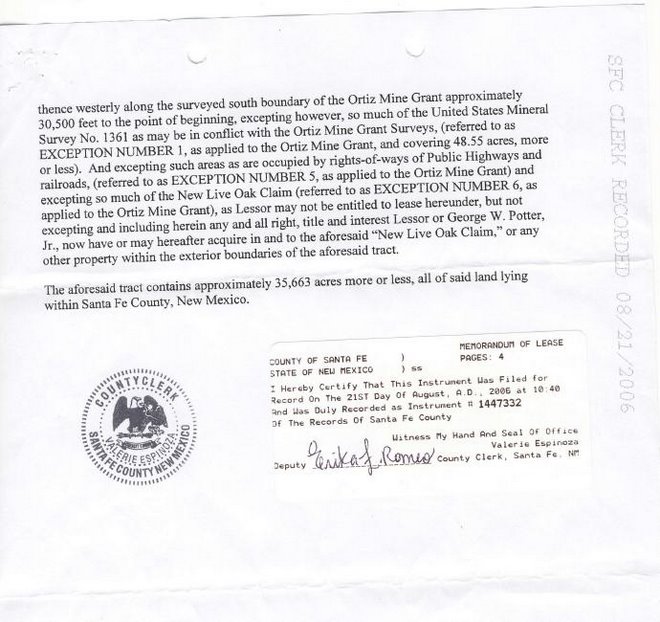
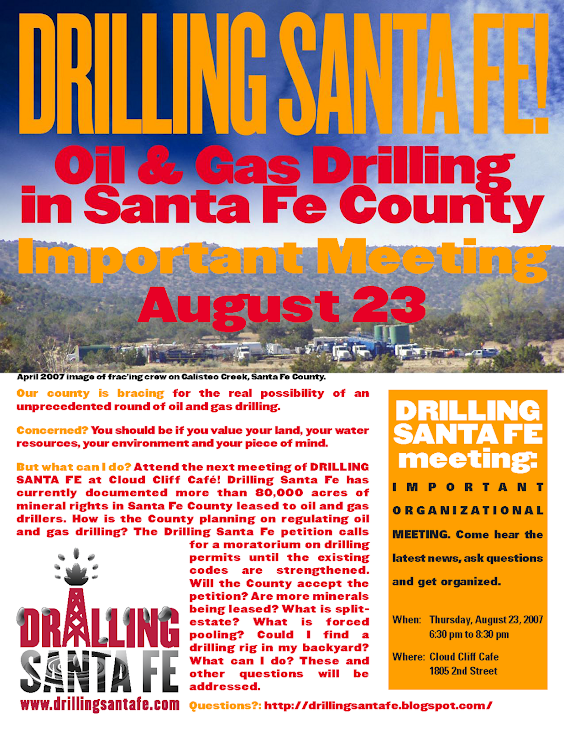

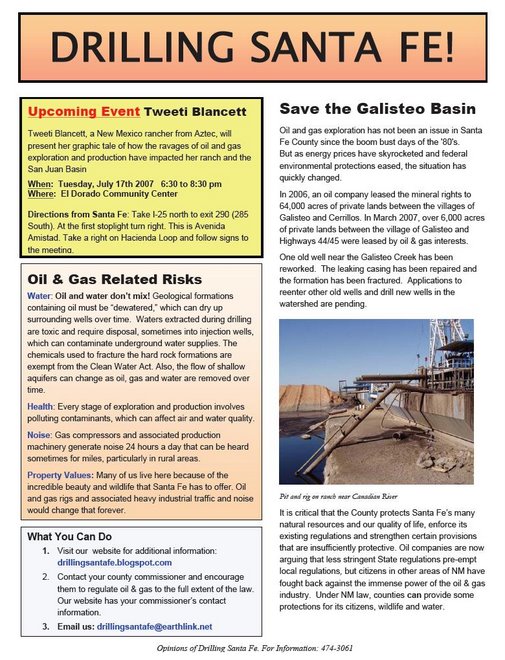
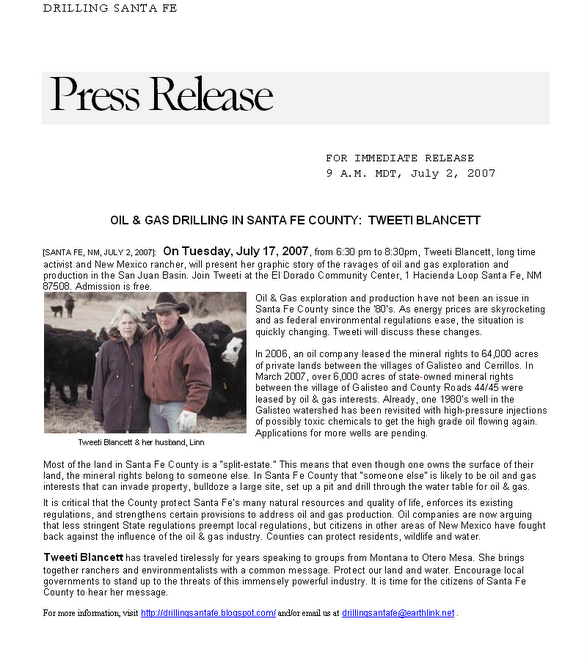
No comments:
Post a Comment